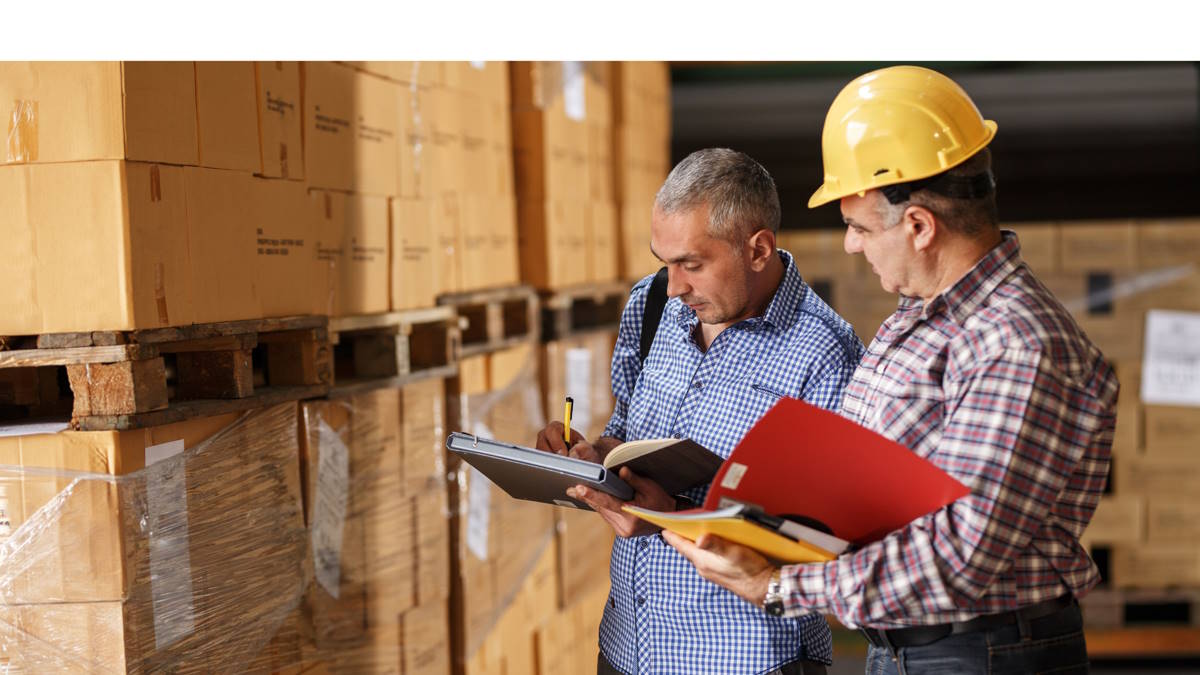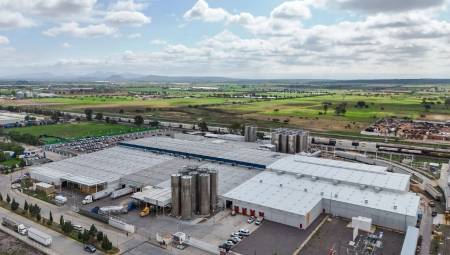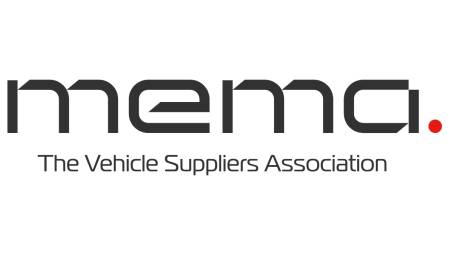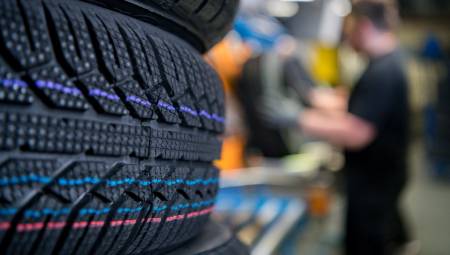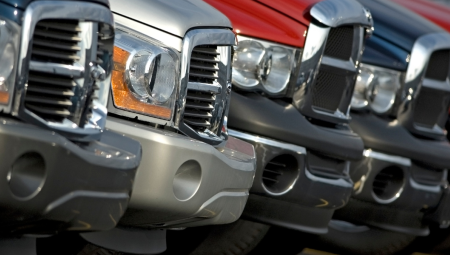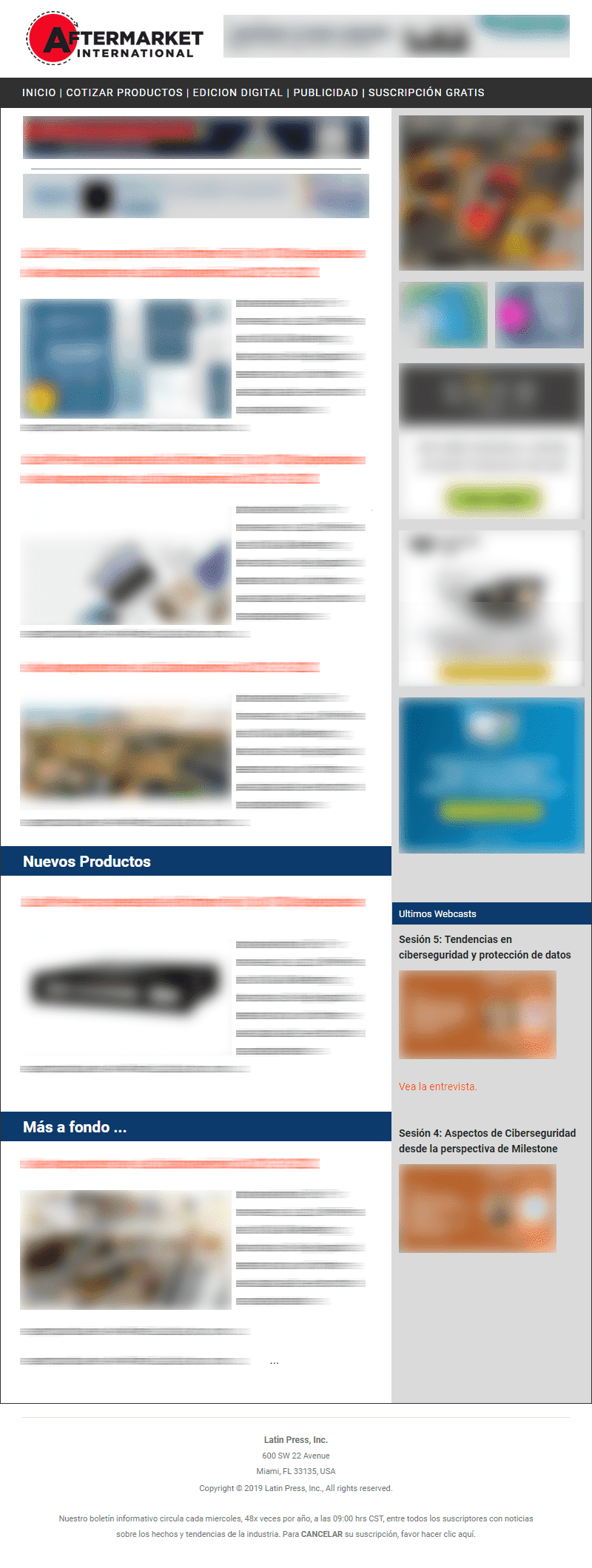Although Latin America has common challenges in terms of installed capacity and technical training, Mexico's leadership in production and exports can provide clues for the growth of the industry in the region.
By Aftermarket International
In June of this year, Mexico's National Auto Parts Industry (INA) registered a national record in the production of auto parts, reaching a figure of 10,569 million dollars, 29% higher than the pre-pandemic record.
"It should be noted that with this result we have already completely exceeded the pre-pandemic and post-pandemic figures, with 29.73% and 21.39% more respectively, which shows the strength of the auto parts sector and the great opportunity for Mexico to capitalize on even more investments in the sector," said the general director of the INA, Armando Cortés Galicia, during a joint press conference with the Mexican Association of the Automotive Industry (AMIA) and the Mexican Association of Automotive Distributors (AMDA).
Thus, the INA forecast a value of US$115,802 million by the end of 2023, of which 86% represents exports of auto parts and another 14% for the domestic market.
"A large part of this percentage of auto parts for the domestic market ends up in vehicles that automakers export to a large extent, so Mexico's export role in the industry is explicit," Cortés Galicia said. According to AMIA, the assembly plants installed in Mexico worked at an average capacity of 93.1% during the month of June and averaged 90% in the first half of this year.
In this way, Mexico's position as the fourth largest producer of auto parts worldwide reflects a clear export potential, for which it is crucial to capitalize on the relocation of value chains and overcome current challenges, as the Association itself maintains. This same call is amplified for the industry in Latin America as a reflection of the common path ahead.
Bulk Opportunities
The northern zone of Mexico concentrates 43.3% of the production of auto parts, followed by the Bajío with 34.9% and the central zone (Puebla, Tlaxcala, Morelos, EDOMEX and CDMX) with 16.1%. The latter represents the market share of an entrepreneur in the industry of that country such as Gerardo Medina-Carrillo, who carried out research on the commercialization of auto parts in this country for his MBA degree at the Autonomous Technological Institute of Mexico.
There it found that in 2019, the year prior to the start of the pandemic, Mexico had a vehicle fleet of 36,162,563 units and 610,000 direct jobs generated from the commercialization of auto parts, which represented 0.75% of the national GDP. This does not take into account the auto parts market, estimated at more than 12,000 million Mexican pesos per year in 2017.
Among the opportunities identified for this market, he pointed out the incorporation of electronics, software and artificial intelligence, which demand a greater number of parts integrated into the vehicle.
It also found a favorable trend in the gasoline-powered car market: increases from 100% to 600% in the market segment. At the same time, he rescued regulations on account of stricter environmental legislation. Battery electric vehicles accounted for 18% of sales in the electrified segment in June, while plug-in hybrids accounted for 8% share and conventional hybrids 74%.
Added to this are e-alliances and e-commerce, represented by companies such as eBay and Amazon. These global marketplaces have become strategic allies. According to data from ebay, the 'Auto Parts & Accessories' category is in the top 10 with the most sales from Mexico; Thus, the best-selling items abroad include preheaters, remote controls, fuel injectors, front grilles and blow valves.
Mexico has an important participation in the commercialization of these items, as it exports millions of unique pieces to markets such as the United States, Puerto Rico, Canada, Peru, Chile, Germany, the United Kingdom, Australia, Japan and Poland mainly.
Threats on the horizon
Gerardo Medina-Carrillo recognizes that entering this industry is relatively easy given the globalized environment, the facilities provided by e-commerce and the vast information that is shared on different platforms such as Amazon or Alibaba.
"However, the lack of technical knowledge about the processes and procedures for importing goods, cultural differences, geography and language; in addition to the need to have a large portfolio of reliable suppliers and a thick portfolio of loyal customers, make the threat of new entrants of a medium power," he points out when conducting an analysis of the industry through Porter's five forces.
Added to this is the low bargaining power of original equipment suppliers, as there is a huge supply of auto parts just a click away. "The owner of the vehicle is concerned not about the replacement with original parts, but about making their work tool work," Medina-Carrillo says.
On the other hand, Gerardo highlights the increase in the power of substitutes, and focuses on three of them: dealers (automotive agencies), the gray market, and the black market for auto parts.
Finally, he insists that the high concentration of competitors who are not so specialized in the same product line diminishes rivalry within the sector.
Customs obstacles along the way
"The dynamics of the auto parts sector in foreign direct investment is something not seen previously and we expect it to continue consolidating," said the director general of the INA, indicating that in the first half of 2023 there was a foreign direct investment (FDI) of US$1,398 million, 38.79% more than in the first half of 2022, which is a higher result than the FDI of auto parts in all of 2022 by 9.38%.
An element that the INA itself highlights as key to this are the investments derived from nearshoring, the strategy adopted by multinationals to move their operations to a country close to their final destination by taking advantage of the competitive advantages of these bordering countries, as is the case of Asian companies in Mexico aimed at the North American market.
To that extent, Mexico's auto parts manufacturing was the main recipient of this relocation of investments, above other sectors, with 37%. This, among others, due to its know-how, lower labor costs, infrastructure, as well as customs conditions included in the trade agreement between Mexico, the United States and Canada (USMCA).
"They completely opened up the conditions, even cross-border, to eliminate technical obstacles," says Francia Hernández, founding partner of the firm Hernández y Abogados S.A.S and director of the Foreign Trade Office of the Association of the Automotive Sector and its Parts of Colombia (Asopartes).
The obstacles to which he refers are the delays of more than 30 days that the entry of a piece can bring due to customs requirements, to the detriment of the Agreement on Technical Barriers to Trade (TBT Agreement) administered by the World Trade Organization (WTO).
This gives rise to an outward processing, a customs procedure that allows goods to be temporarily exported with suspension of payment of customs duties to be subjected to some transformation, processing or repair for subsequent re-importation.
This discourages investment in Latin American countries that, in addition, do not have a strengthened production chain for exports. In Colombia, for example, the Virtual Business Center (CVN) registered 10,692 companies that during 2022 developed trade and manufacturing activities of parts, parts and accessories of motor vehicles. Of these, 82% were identified as micro-enterprises, accounting for 12% of the sector's revenues, while large enterprises produced 57%.
During the first quarter of this year, Colombia presented a deceleration in terms of imports of auto parts of 25.04% compared to the same period of the previous year. The country from which it imported the most was China, with almost 50% of the market. This was followed by the United States, and from there other Asian countries such as Japan and South Korea, as well as other Latin American countries such as Brazil and Mexico itself.
To address this persistent obstacle, Attorney Hernández suggests the Voluntary Advance Declaration, which, as a general rule, optimizes operability and reduces the time it takes to clear customs for goods. In this way, there will be fewer obstacles and more levers to stimulate auto parts trade in the region.


